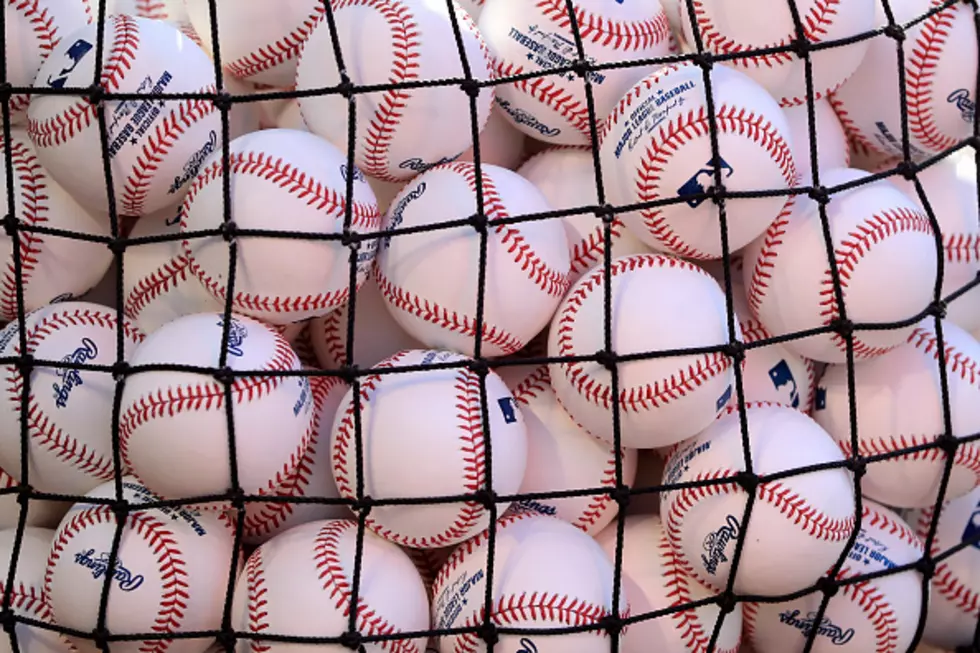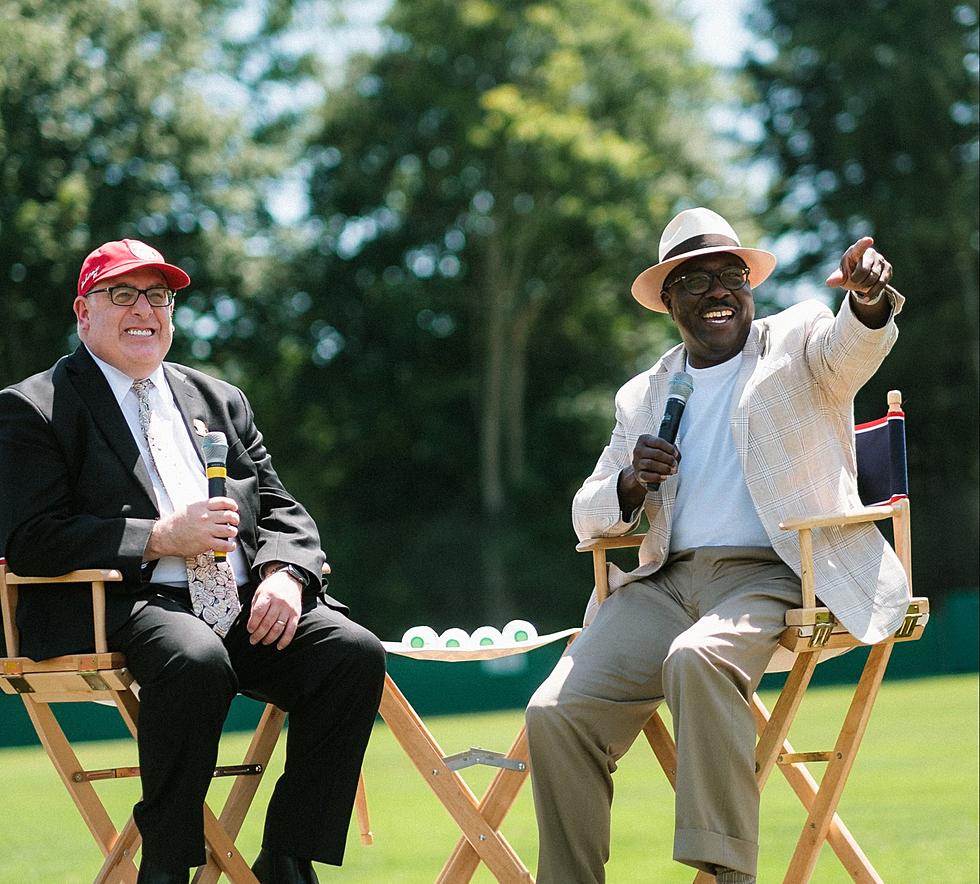
Mike Piazza Steroid Rumors Make Me Change My Opinion Of Him As A Hall Of Famer
I've been a New York Mets fan for as long as I can remember. Was born in the early 80's but was too young to remember 1986, although my uncle told me many stories. Became an actual fan in the early 90's, and brother did they stink! I didn't care though, I knew more about my team than all the so-called Yankees fans in my class - I could actually name the players on the team and tell you their record. They couldn't. All they knew was a name or two, and how many championships the pinstripes had won - likely hearing it repeated over and over again at the dinner table or something. Skip ahead a few years...I remember how excited, and shocked, I was when the Mets made a trade for Mike Piazza. I thought, now we had a bona fide big league player. Piazza would make us legit, or at least put us in the conversation.
All the while, I never thought Piazza had ever been tied to PED's or steroids. Maybe I didn't want to believe, or maybe I knew it but blocked it out of my mind, or maybe he just didn't cheat. As Piazza's name appeared on this year's Baseball Hall of Fame Ballot, I thought, no doubt first ballot hall of famer. But, the more reading I do, the more I think I'm wrong.
Statistically, he is a no doubt about it first ballot hall of fame candidate, in my opinion (I blogged about his stats and some of the Amazin' Mets memories I had of him).
However, after reading an article at cbssports.com, I have to say I'm shocked.
The article quotes the book 'The Rocket That Fell To Earth', by Jeff Pearlman, along with this excerpt:
As the hundreds of major league ballplayers who turned to performance-enhancing drugs throughout the 1990s did their absolute best to keep the media at arm's length, Piazza took the opposite approach. According to several sources, when the subject of performance enhancing was broached with reporters he especially trusted, Piazza fessed up. "Sure, I use," he told one. "But in limited doses, and not all that often." (Piazza has denied using performance-enhancing drugs, but there has always been speculation.) Whether or not it was Piazza's intent, the tactic was brilliant: By letting the media know, off the record, Piazza made the information that much harder to report. Writers saw his bulging muscles, his acne-covered back. They certainly heard the under-the-breath comments from other major league players, some who considered Piazza's success to be 100 percent chemically delivered. "He's a guy who did it, and everybody knows it," says Reggie Jefferson, the longtime major league first baseman. "It's amazing how all these names, like Roger Clemens, are brought up, yet Mike Piazza goes untouched."
"There was nothing more obvious than Mike on steroids," says another major league veteran who played against Piazza for years. "Everyone talked about it, everyone knew it. Guys on my team, guys on the Mets. A lot of us came up playing against Mike, so we knew what he looked like back in the day. Frankly, he sucked on the field. Just sucked. After his body changed, he was entirely different. 'Power from nowhere,' we called it."
When asked, on a scale of 1 to 10, to grade the odds that Piazza had used performance enhancers, the player doesn't pause.
"A 12," he says. "Maybe a 13."
I had no idea. The mention of the acne covered back, several media sources saying Piazza had told them he'd used on a limited basis. Plus, the quotes from other players who said it was beyond obvious that Piazza was a juicer.
There is no real evidence (i.e. a positive test or public admission), but if this is true, I have to say 'NO'.
I just can't wrap my brain around rewarding athletes who have cheated with career achievement honors. Met or no Met, it sends the wrong example, not only to kids, but society too.
Hard work is hard work. Shortcuts are shortcuts. And, cheating is cheating.
More From WIBX 950









